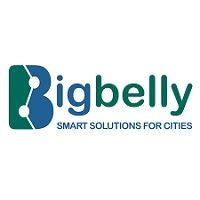
Bigbelly
Bigbelly is the world leader of smart waste & recycling systems for public spaces. We modernize a core city service and can be extended to host other smart city technologies and applications. Communities deploy smart, solar-powered, sensor-equipped waste & recycling stations that communicate real-time status to collection crews to enable efficiencies.